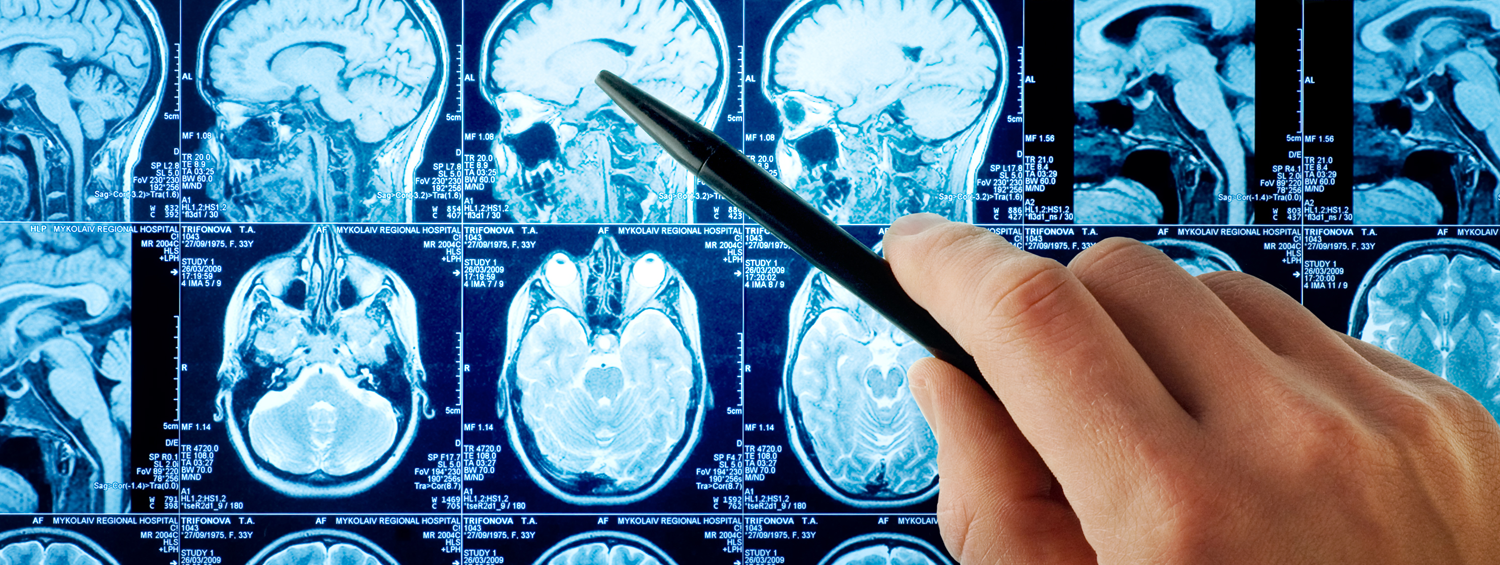The American Academy of Neurology has released the results of a preliminary study on repeated head injuries of former NFL players. The results were released on February 19, 2017, and will be presented at the AAN’s 69th Annual Meeting in Boston, April 22 to 28, 2017. Entitled Repetitive Head Injuries May Not Cause Movement Problems for Former NFL Players, the study found that “former NFL players who had repeated head injuries may not have significant problems with motor functions later in life.”
Repeated head injuries have been shown to lead to chronic traumatic encephalopathy (CTE), a degenerative brain disease that causes thinking, behavior, and mood problems. Problems with motor functions have also been documented among former boxers who had repeated head injuries and were later confirmed to have CTE. Researchers wanted to know if former NFL players experience similar motor function problems from repeated head injuries.
“We found that while the motor functions of former NFL players were not as good as other men their age, they were still within normal range and not related to repeated head injury,” said study author Samuel Frank, MD, of Harvard Medical School in Boston, Mass., and member of the American Academy of Neurology.
The study explains that chronic traumatic encephalopathy presents with cognitive, behavior and mood symptoms. While motor disturbances have been prominent in former boxers with CTE, this is not the case in recent studies among former NFL players with CTE. The AAN stated that further neuroimaging studies are necessary.
In recent litigation, the NFL Concussion Settlement was finalized earlier this year with retired players and their families able to register for settlements. However, on April 4, 2017, a Pennsylvania court ruled that the NCAA must face a trial over its alleged failure to protect the health and safety of student athletes. When the NCAA argued that it has no duty to protect against inherent risks in sports, the court disagreed.
This argument also lacks merit because the NCAA is the supreme regulatory body in college athletics with the stated purpose of ‘hav[ing] a clear moral obligation to make sure we do everything we can to protect and support student-athletes.’This argument also lacks merit because the NCAA is the supreme regulatory body in college athletics with the stated purpose of ‘hav[ing] a clear moral obligation to make sure we do everything we can to protect and support student-athletes.’
Concussion litigation is complex. Symptoms may include irreversible conditions such as severe brain damage and degenerative nerve diseases like ALS. Negligent treatment and management of these injuries may be alleged. Only the board certified neurology expert witness in full time practice can evaluate and consult on these cases successfully. Let ELITE Medical Experts hand select a neurology expert specifically chosen for your case.

